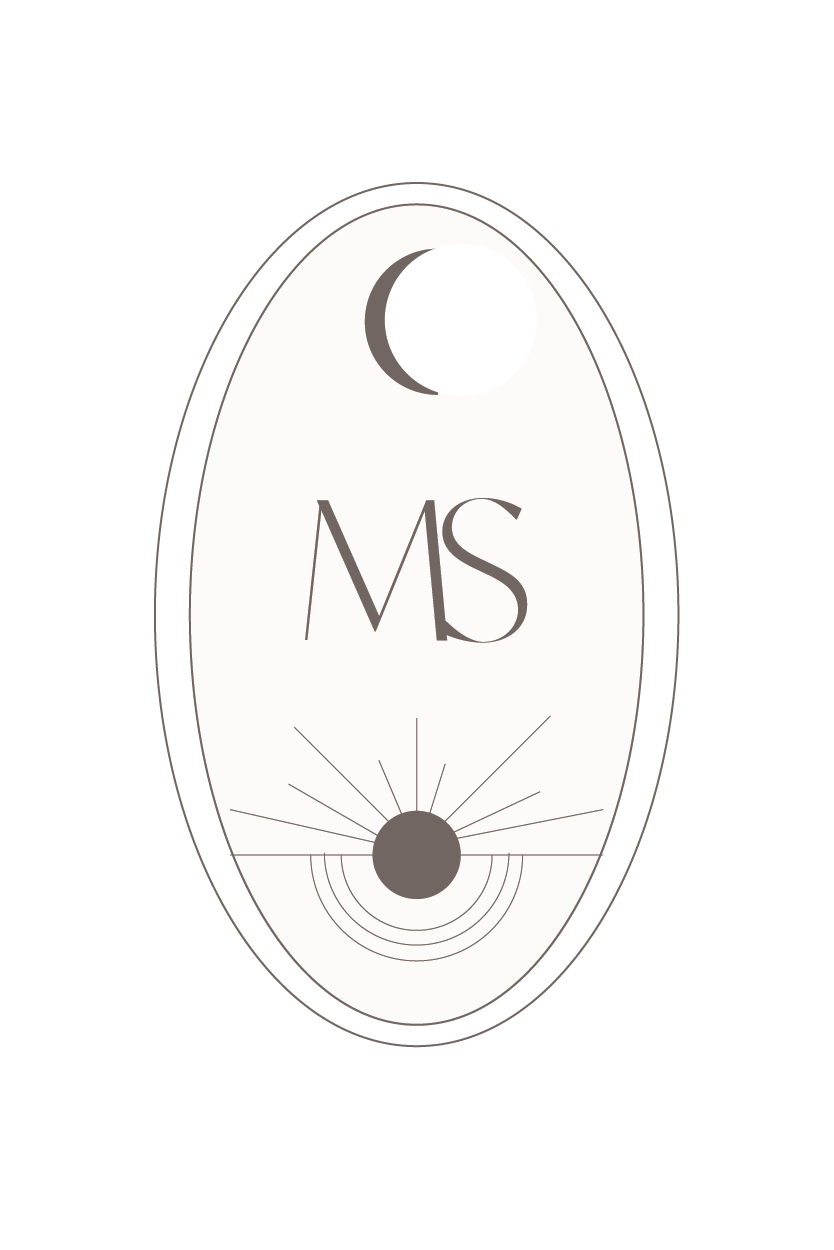From Patient to Practitioner: Bridging the Gaps in IBD Care
I'm honoured to have been invited back as a consultant and speaker for this year’s MCIBD—a leading conference for healthcare professionals treating Inflammatory Bowel Disease, in collaboration with Sinai Health and the U of T Medical School. This year, the title of my talk was Beyond Biology, where I shared insights from my lived experience with IBD and childhood cancer, as well as my work in trauma-informed body-based healing.
It is quite rare for integrative and embodied perspectives to be welcomed into medical spaces, and I’m grateful for the opportunity to speak to a room full of clinicians about the emotional, relational, and identity-based layers of living with chronic illness, particularly around themes of fertility, body trust, and mental health. This kind of dialogue and collaboration is essential if we want to move toward more holistic and patient-centered care.
Key themes I shared:
The need to expand care beyond the gut to address trauma, depression, identity loss, and isolation that often accompany IBD
My own healing journey: from total colectomy and J-pouch surgery to rebuilding trust in my body through yoga, mindfulness, and somatic work
Why stress, fear, and disconnection can’t be ignored in treatment planning, especially when patients are navigating life-stage transitions
The importance of embodied tools that restore safety and agency, alongside medical treatment
Questions clinicians can begin asking now to better understand the lived reality of their patients
Our system still separates physical, mental, emotional and spiritual care, but we don’t experience them as separate
This is why I am passionate about offering 1:1 immersive healing sessions
These sessions integrate gentle yoga, breathwork, somatic awareness, guided meditation, Reiki, and sound therapy to support nervous system regulation, body connection, and emotional processing. They are deeply personalized, co-created, and held in a safe, non-judgmental space.
These sessions are not a replacement for medical treatment, but they are a powerful companion. They meet people where medicine often leaves off: in the in-between spaces of grief, fear, disconnection, and re-inhabiting the body after trauma or surgery.
If you are navigating IBD or chronic illness, or if you’re a healthcare provider seeking complementary support for your patients, you’re welcome to reach out.
We heal in layers. And we heal better when we’re held as whole.
